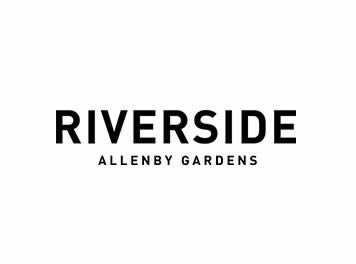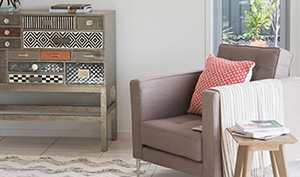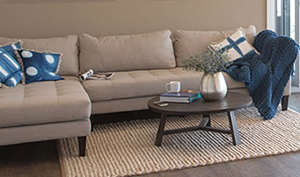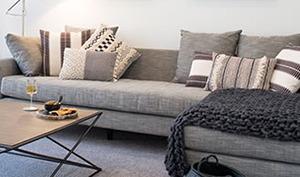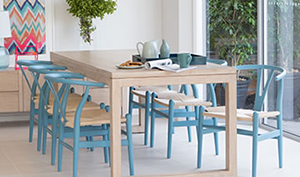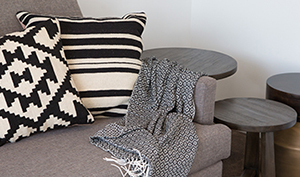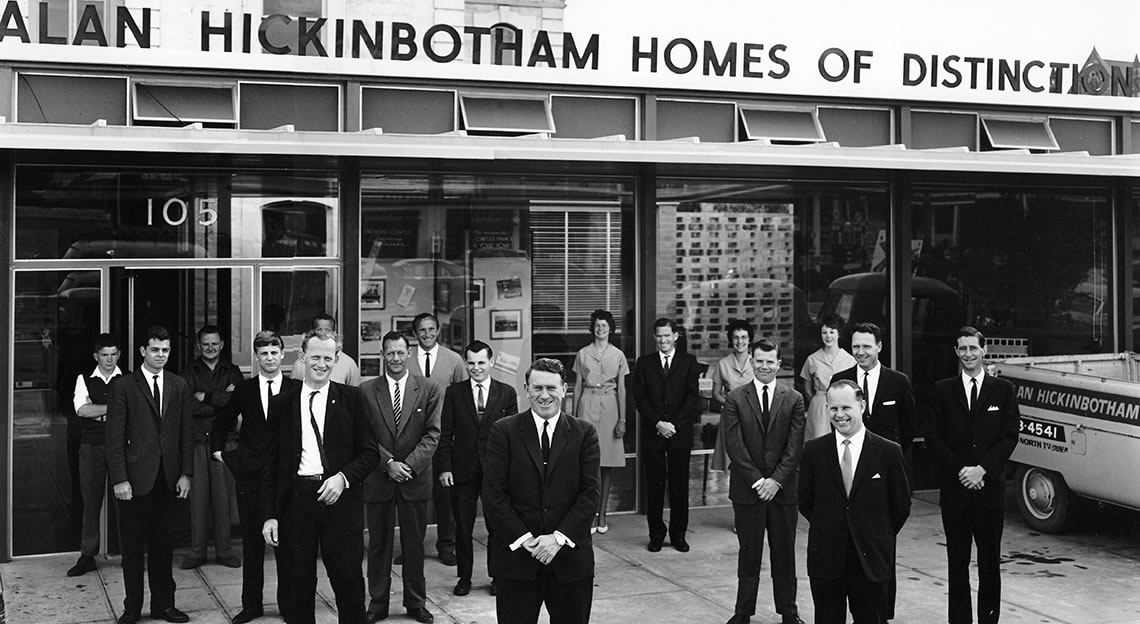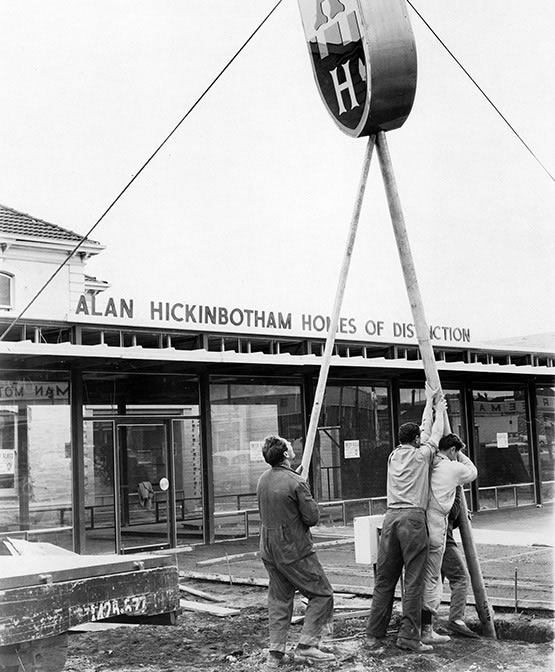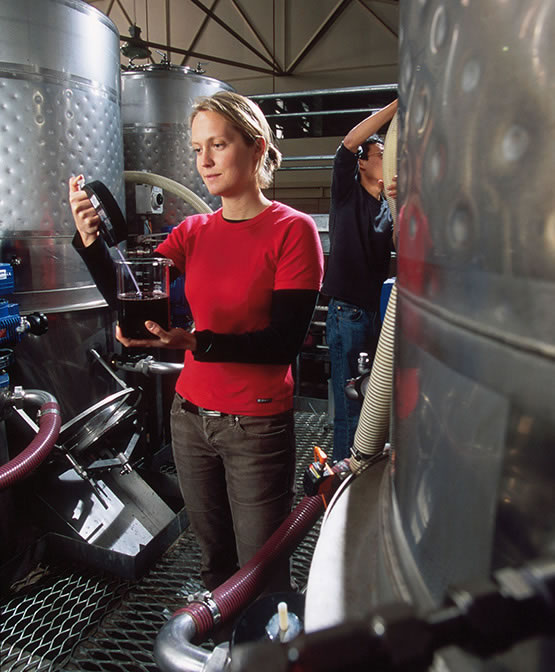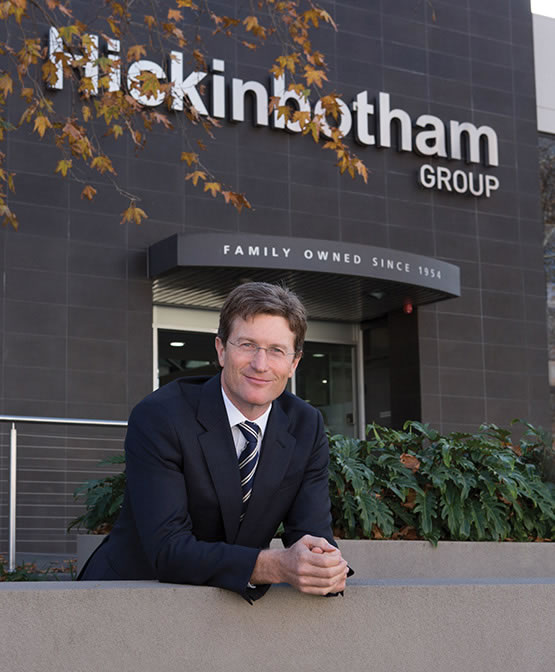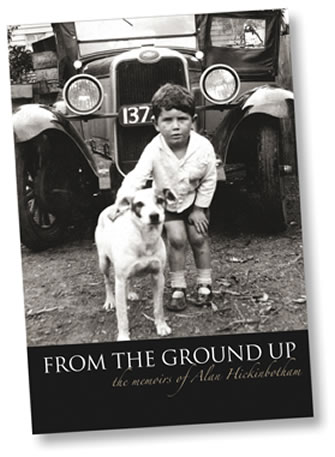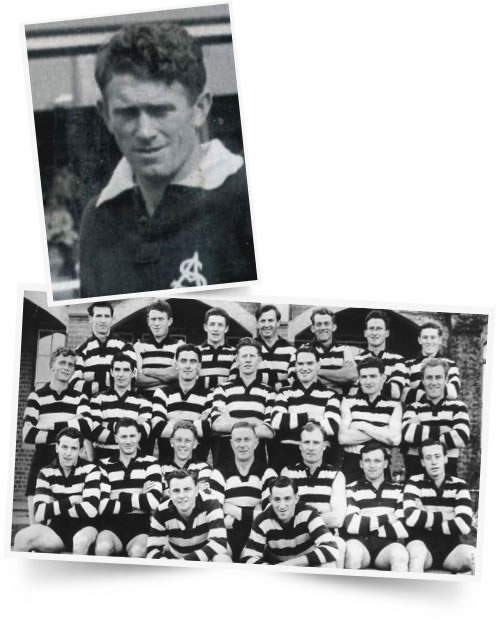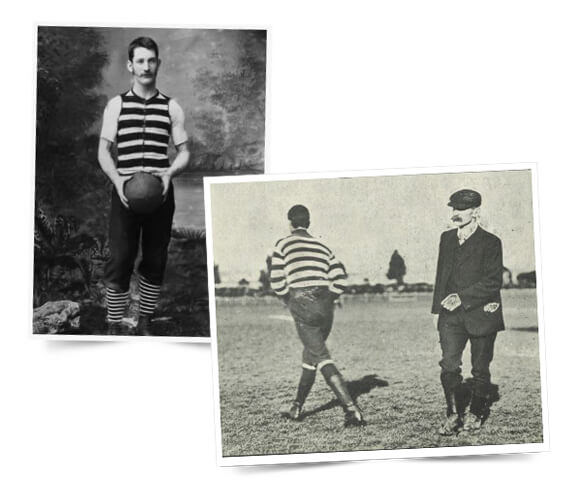- Home Designs
Designs to suit:
EXPERTLY DESIGNED
Our commitment to improving lives through considered design has seen us collaborate with award-winning architect Max Pritchard to ensure our designs will enhance your life. At Hickinbotham, it’s in our DNA.
LEARN MOREEXPERTLY DESIGNED
Our commitment to improving lives through considered design has seen us collaborate with award-winning architect Max Pritchard to ensure our designs will enhance your life. At Hickinbotham, it’s in our DNA.
LEARN MOREEXPERTLY DESIGNED
Our commitment to improving lives through considered design has seen us collaborate with award-winning architect Max Pritchard to ensure our designs will enhance your life. At Hickinbotham, it’s in our DNA.
LEARN MOREEXPERTLY DESIGNED
Our commitment to improving lives through considered design has seen us collaborate with award-winning architect Max Pritchard to ensure our designs will enhance your life. At Hickinbotham, it’s in our DNA.
LEARN MORE - Display Homes
- House & Land
- Buying Guide
- Why Choose Us
Best Value
As South Australia’s largest and longest-established building group, our unmatched buying power lets us offer high-quality homes at the best prices.
Best Designs
Crafting your perfect home is effortless with SA’s top designers and architects, backed by our experience building over 50,000 homes. No guesswork—just perfect designs from the start!
Best Service
With a long history of repeat customers, our service speaks for itself. We’re rated 9/10, and clients would build with us again and recommend us.
 Best Build Time
Best Build TimeMove into your new home faster with a guaranteed 18 week build time on our approved homes.
Best Quality
Our homes are built to last. With 70 years of experience, we back each home with a 25-year structural guarantee, giving you peace of mind that your investment is protected.
- Inspirations
- Contact Us

